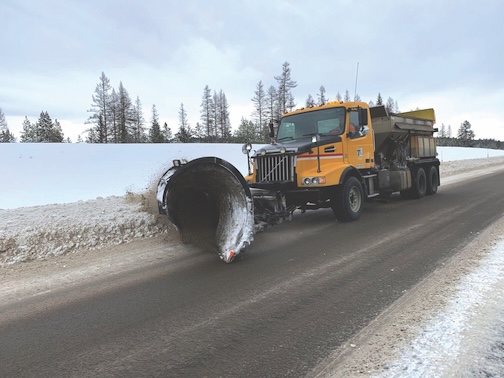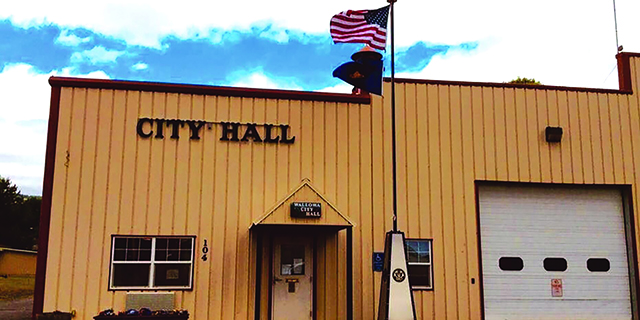MAIN STREET: Smaller families still perplex us
Published 5:00 pm Tuesday, March 18, 2014

- Wandschneider_mug
First off, dont get me wrong. I am not arguing that we should all go out and make more babies and have bigger families. I realize the global implications of high birth rates and the increases and improvements in vaccines, medicines, and hygiene that keep more of us alive.
I also know that the good old days of 10 and 12 kids were not always so good. Mothers a lot of mothers died in childbirth, or haggard and worn, expired young; families mourned the loss of children to disease and injury; and children, overworked and not suited to the life, were ground down or lost in it. On the other hand, I think that families of one and two and no children as is now the norm are something new, and something that we have not figured out how to do well.
Trending
Until a couple of generations ago, say until World War II, most Americans lived and worked on farms, farms were not mechanized, and more children meant more hands for the work to be done. At the end of that War, when Ford and GM turned jeep and tank factories into tractor factories, the need for farm labor decreased. At the same time, young people, who had been introduced to cities and other kinds of occupations during the War, were ready for something else.
I was tempted to lay the advance of smaller families on the development of the pill, but it turns out that families grew smaller in the post-war years prior to the pills official emergence in 1961, and that family size actually rebounded a bit and continued upward in the early 60s. Nevertheless, the pill has certainly made smaller families an easier option.
So whats the difference? I believe that larger families meant that children learned to cooperate and, often with strong encouragement from parents, care for each other those of us who are older remember the oldest daughters who raised families. They learned to share tasks, make do with hand-me-downs, and develop their special gifts one a seamstress, another a cook, one a welder and another a husbandry-man. They learned the work that kept the farm or shop or store and the family going, learned by watching and imitating parents, grandparents, and community elders. They learned that not all survive that some, no matter how close, are taken by disease and accident and war.
World War II changed things so dramatically for the entire population commercial industrialization exploded, college and home ownership became possible for many, women learned that they could do many jobs traditionally done by men (and then have them taken away after the War), and communications and consumer economics burst on the scene. There are books and courses aimed at untangling it, but I have seen very little about the impact of the War on family size, and the impact of family size on current events.
Dave Smyth, long-time superintendent at Wallowa Schools, told me years and years ago, as student populations in the county and in city schools as well were falling, that the biggest reason for the shift was not loss of jobs, though he admitted that changes in the labor force had their place, but the number of children per family. I moved to the county in 1971, when the population hovered around 7,000 and the student population at 2,000; now 7,000 total and less than 1,000 students. My guess is that a graph comparing national family size and local school populations would run two pretty parallel lines.
So now we have moms and dads, mostly both working, raising one or two kids. Keeping them busy and courting every opportunity on the tennis court and Little League field, in the violin and tap dancing and ballet studio, the riding arena and hockey arena, summer camp, science camp, sports camp, and computer camp. Children are all special and specially deserving, and the toys, clothes, and electronic gear that it takes to keep them at the head of the pack is there on credit if need be. As we are now in the second or third generation of the small family, there is the added business of making it where mom or dad didnt making it to the state championship or state fair, and of course the best college.
Trending
It is exhausting for parents and children. A different kind of exhaustion than the one that resulted from a hard day of farm work and elbowing ones way at the dinner table, but exhaustion none the less. And, as I said at the beginning of this exercise, we havent quite learned how to deal with it.
Main Street columnist Rich Wandschneider lives in Joseph.









